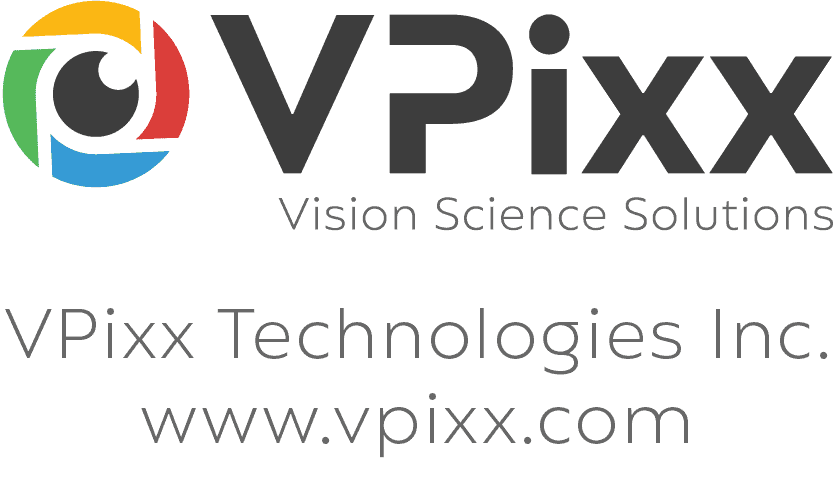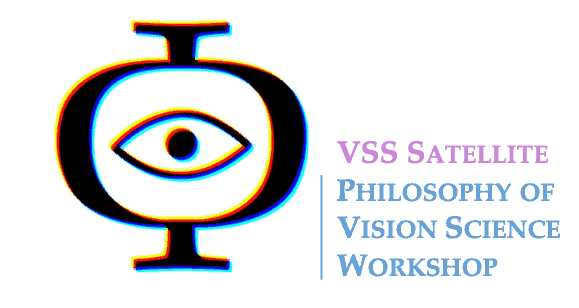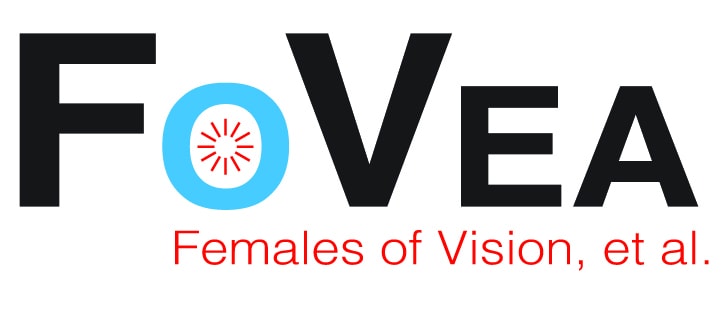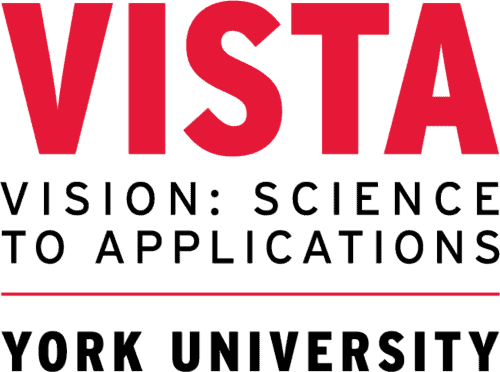Monday, May 16, 2022, 3:30 – 5:30 pm EDT, Blue Heron
Organizers: Kevin Lande, Department of Philosophy & Centre for Vision Research, York University; Chaz Firestone, Department of Psychological and Brain Sciences, Johns Hopkins University
The past decade has seen a resurgence in conversation between vision science and philosophy of perception on questions of fundamental interest to both fields, such as: What do we see? What is seeing for? What is seeing? The phiVIS workshop is a forum for continuing and expanding this interdisciplinary conversation. Short talks by philosophers of perception that engage with the latest research in vision science will be followed by discussion with a slate of vision scientists.
Conversations between philosophers of vision and vision scientists have enriched research programs in both fields. On the one hand, the latest generation of philosophers of vision are deeply immersed in the scientific literatures on natural scene statistics, visual short-term memory, ensemble perception, contour integration, amodal completion, visual salience, multi-sensory integration, visual adaptation, and much else. On the other hand, vision scientists have found a great deal of value in responding to and thinking together with philosophers about the mechanisms and effects of perceptual constancies, attentional selection, object perception, and perceptual uncertainty, to name just a handful of topics. These conversations are not only intrinsically interesting for everyone involved, they have been fruitful sources of research and collaboration. However, opportunities for dialogue are all too rare, often occurring only through chance interactions or one-off workshops. The phiVis satellite is meant to be a platform to extend these discussions. Our first event took place at the 2021 V-VVS and drew nearly 300 attendees. Join us this year, in person, for phiVis 2!
Program:
- Mohan Matthen (University of Toronto), with comments from Viola Störmer (Dartmouth)
- Nico Orlandi (University of California, Santa Cruz), with comments from Frank Tong (Vanderbilt)
- Jacob Beck (York University) and Sam Clarke (University of Pennsylvania), with comments from Stella Lourenco (Emory)
This event is supported by York University’s Vision: Science to Applications (VISTA) program, Centre for Vision Research, and Department of Philosophy, as well as the Johns Hopkins University Vision Sciences Group.








